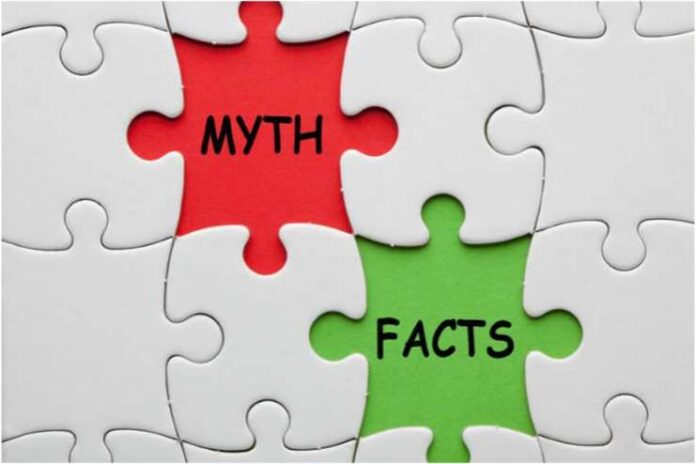Affiliate Disclaimer
Some links in this article are affiliate links. We may earn a small commission if you make a purchase through these links, at no extra cost to you. We only recommend products we find useful to our readersThe term “detoxification” has gained popularity in the health and wellness community, but the real meaning of this process is sometimes lost amid the fads and trends. Many people are drawn to detox programs promising rapid weight loss, clearer skin, and a refreshed system. However, it’s essential to critically examine the science behind detoxification and separate fact from fiction.
Detoxification, or detox, is the elimination of toxins from the body to improve general health and well-being.
This article aims to demystify detoxification by addressing common myths and presenting evidence-based methods for effective cleansing. By exploring how the body naturally detoxifies and evaluating popular detox methods, readers will be better equipped to make informed decisions about their health and wellness practices. Through this comprehensive guide, we hope to encourage sustainable, science-backed approaches to supporting the body’s natural detox processes.
Dispelling Detox Myths: Unveiling the Truths
Myth 1: Extreme Fasting And Cleanses Are The Best Ways To Detox Your Body:
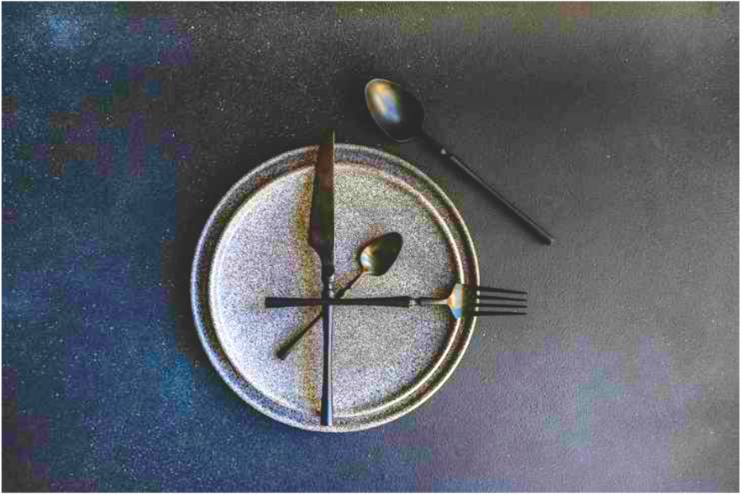
A typical detox myth is the notion that the best way to detoxify effectively is to fast excessively or do strict cleanses. Despite popular perception, the body has highly developed processes of its own for getting rid of toxins.
Severe methods, including extended fasting or vigorous cleansing, might upset the body’s natural equilibrium and cause nutrient deficits.
The body is naturally equipped with detoxification processes, primarily carried out by the liver and kidneys. Fasting, particularly when extended, can hinder the detox process by decreasing the activity of certain enzymes needed to remove toxins. According to Toni Brayer, M.D., an internist at Sutter Pacific Medical Foundation, fasting does not aid detoxification and may cause more harm than good.
Additionally, fasting poses health risks, especially for individuals with medical conditions like diabetes or kidney disease. It can cause dehydration, electrolyte imbalances, and muscle loss. Instead of extreme fasting, focusing on sustainable, nutrient-rich habits that support the body’s detox organs in their natural functions is better.
Myth 2: Instant Detoxification Is Possible with Detox Drinks

The word “detox drinks” frequently gives individuals the impression that drinking these can rapidly detoxify their bodies. It is a common misconception that many detox product companies convey, but these claims are largely unfounded. The truth is that your body doesn’t require a shortcut.
The liver, kidneys, lungs, and skin work continuously to filter and eliminate toxins. These organs do an excellent job on their own, and there is no scientific evidence that detox drinks enhance this process. Most detox products fail to specify the toxins they claim to target, making their benefits questionable at best.
Furthermore, magical detox solutions oversimplify the complexity of health by implying that a single treatment may reverse bad habits. Instead, it’s important to remember that consistency is vital to true wellness: eating a healthy diet, staying hydrated, exercising, and getting enough sleep.
Myth 3: Detox Diets Work Like Magic
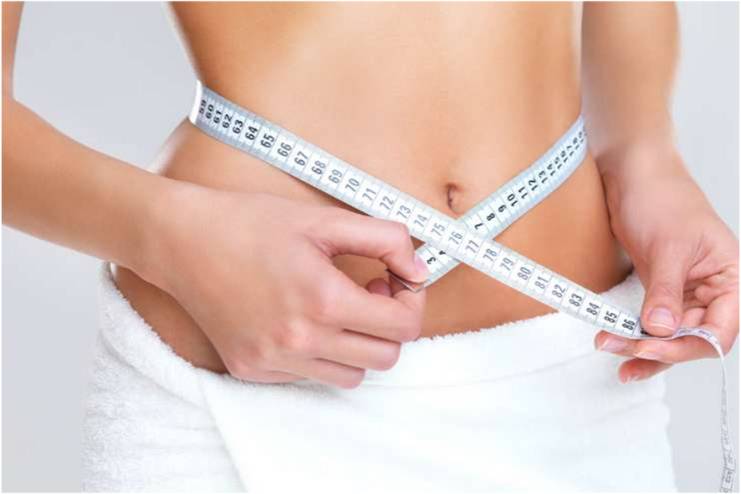
Detox diets frequently offer quick fixes, such as clearer skin, flatter stomachs, and a wholly cleansed body in a flash. However, such fiction based on fads does not reflect reality. These diets fail to produce such miraculous results because they usually center on severe calorie restriction or consuming solely “cleansing” foods.
The liver and kidneys, which are in charge of the body’s detoxification system, can function without the help of a fad diet. Strict detoxification programs can often be more harmful than beneficial since they frequently deprive the body of vital nutrients and slow metabolism.
To achieve genuine health improvement, it takes permanent habits rather than temporary solutions. Eating well-balanced meals, drinking enough water, and allowing your body to repair itself is far more successful than any short-lived detox fad. Trust your body’s incredible mechanisms instead of following trends!
Myth 4: Colon Cleansing is the Ultimate Detox
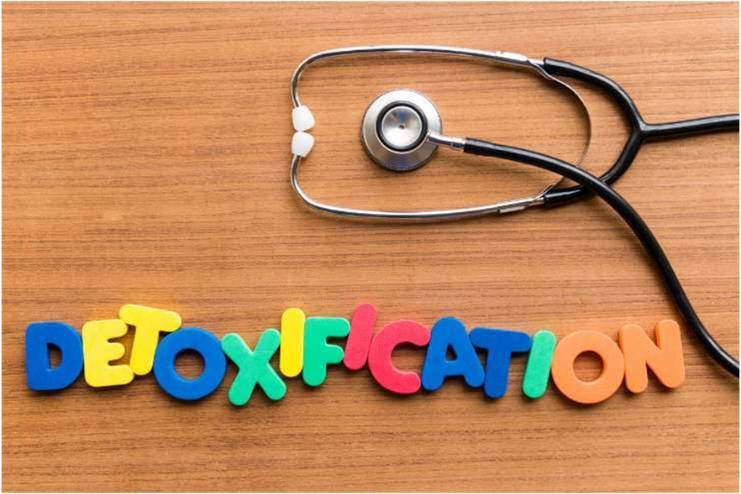
The idea of colon cleansing as the cornerstone of full-body detoxification has gained significant hype, but it’s a tale more rooted in marketing than medicine. The truth? Your colon is a self-cleaning powerhouse that doesn’t need invasive interventions to function effectively.
Advocates of colon cleanses often claim they eliminate “toxins” and improve digestion, but these claims lack scientific support. Your digestive system, particularly your liver and intestines, is designed to naturally break down and remove waste. Over-relying on cleanses, whether through pills, powders, or procedures, can disrupt this natural balance, leading to dehydration, electrolyte imbalances, or more severe complications.
For true wellness, focus on fiber-rich foods, adequate hydration, and a balanced diet to calm your digestive system. Trust your body—it’s more innovative and efficient than any fad cleanse. Let’s leave the colon to cleanse hype where it belongs: down the drain!
Myth 5: Supplements Are a Necessity for Weight Loss
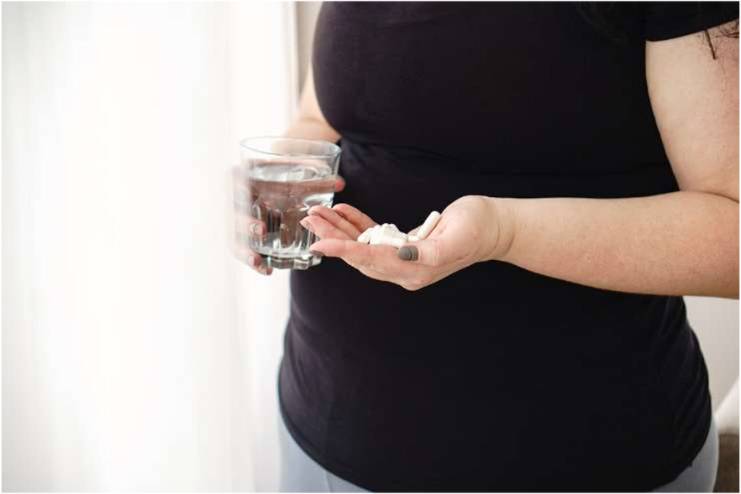
Another widespread misconception is that detox supplements are essential for effective detoxification or weight loss. In reality, the body is fully equipped to detoxify itself without the aid of external products.
The lymphatic system, liver, kidneys, skin, lungs, and colon support the body’s natural detoxification process. A balanced diet, regular exercise, and proper hydration support these organs in performing their detox duties. Relying on supplements may be unnecessary and could even be harmful, as some products contain unregulated ingredients that might interfere with natural bodily functions.
The key to supporting the body’s detox processes lies in healthy lifestyle choices. Eating a variety of nutrient-dense foods, staying hydrated, and managing stress help the body function optimally.
Myth 6: Juice Cleanses Are a Quick and Effective Solution for Weight Loss and Detox

Although juice cleanses are becoming increasingly popular as a short-term detox solution, there are drawbacks to depending solely on juicing. Juice cleansing could be more healthful, and many juice cleansing organizations minimize the dangers of consuming only juice.
While these cleanses may help reduce calorie intake, they often fail to provide the body with adequate nutrition. Juicing can lead to nutrient deficiencies, particularly if done over an extended period.
Without sufficient protein and calories, the body may begin to break down muscle tissue for energy. Additionally, juice cleanses can cause dehydration, blood sugar spikes, and digestive issues.
Rather than relying on juice cleanses, focus on a balanced diet rich in whole foods. This approach provides the necessary nutrients and promotes long-term health benefits.
Effective and Evidence-Based Detox Approaches
To accomplish successful and evidence-based detoxification, holistic approaches that honor the body’s inherent processes must be used.
Holistic Detox Approaches
A holistic approach to detoxification focuses on supporting the body’s natural detoxification processes through sustainable and balanced lifestyle changes. Rather than turning to extreme measures, holistic detox methods aim to improve overall health and well-being by nurturing the body’s organs of elimination.
A comprehensive detox strategy involves supporting the liver, kidneys, lungs, lymphatic system, and skin through practices that encourage natural toxin removal. These practices include regular physical activity, stress management, and proper hydration, which collectively enhance the body’s ability to cleanse itself.
For example, exercise promotes circulation and sweating, helping to eliminate toxins through the skin. Adopting a holistic detoxification emphasizes long-term health and wellness over temporary fixes.
Healthy Nutrition and Hydration
Evidence-based detoxification techniques strongly emphasize eating a well-balanced diet and staying adequately hydrated. Our diets significantly impact the body’s natural detoxification processes. Foods high in nutrients, like fruits, vegetables, whole grains, and lean meats, supply vital vitamins and minerals that support the liver and kidneys in their detox duties.
Cruciferous vegetables like broccoli and kale have chemicals that improve liver detoxification pathways. Foods high in antioxidants, like leafy greens and berries, help eliminate free radicals and fight oxidative stress.
Hydration is also critical for effective detoxification. Drinking plenty of water helps flush toxins from the body, supports kidney function, and promotes digestion.
Scientific Basis for Effective Cleansing
Body’s Inherent Detox Mechanisms
The body is equipped with sophisticated detoxification systems, including the liver, kidneys, skin, and lungs, which work together to eliminate waste and toxins. These organs filter toxins from the blood, produce waste, and eliminate it through urine, sweat, and exhalation.
Detoxification is an ongoing process and does not require external products or crash diets. The body’s natural systems are continually working to keep us healthy and free of harmful substances.
Liver and Kidney Functions
The liver plays a central role in detoxification by processing toxins and neutralizing harmful substances. It converts these substances into less harmful forms that the body can excrete. The kidneys filter waste from the bloodstream and excrete it through urine, helping maintain fluid and electrolyte balance.
These organs are essential for detoxification, and their function can be supported by healthy habits, such as maintaining proper hydration, eating a balanced diet, and engaging in regular physical activity.
Implementing Practical and Sustainable Detox Strategies
Aim for sustainable and feasible ways to promote your body’s natural detoxification process and attain long-term wellness. These methods support general health in addition to aiding in cleansing. The following are practical, efficient methods for body detoxification:
Include Nutrient-Dense Foods: Incorporate berries, beetroot, citrus fruits, chia seeds, microgreens, kale, spinach, and green tea into your meals. Antioxidants, vitamins, and minerals in these foods promote liver function and aid in removing pollutants.
Keep Yourself Hydrated: Drink lots of water throughout the day to promote digestion, help your body rid itself of pollutants, and keep your vitality high.
Consume More Whole Foods: Choose nourishing foods that are fresh and unprocessed, such as lean proteins, whole grains, fruits, and vegetables.
Engage in Regular Physical Activity: Walking, yoga, running, or gardening are all examples of regular physical activity that improve circulation, increase metabolism, and facilitate detoxification through sweating.
Practice Stress Reduction: Incorporate mindfulness, meditation, or relaxation practices to reduce stress, which can otherwise impair your body’s capacity to detoxify.
Incorporating these holistic wellness techniques into your everyday routine may encourage long-lasting well-being and assist your body’s natural detoxification process.
Conclusion
In this article, we have debunked several common detox myths and presented evidence-based strategies for effective and sustainable detoxification. From exposing the dangers of extreme fasting and cleanses to emphasizing the importance of holistic wellness practices, the key takeaway is that supporting the body’s natural detoxification systems is the most effective way to achieve long-term health.
By making informed decisions and focusing on sustainable habits, we can foster a healthier lifestyle without falling for misleading detox products and fad diets. Trust your body’s incredible ability to cleanse itself and invest in holistic, science-backed approaches to support its natural detox processes.
References
- https://www.nccih.nih.gov/health/detoxes-and-cleanses-what-you-need-to-know
- https://zoe.com/learn/detox-cleanse
- https://www.sutterhealth.org/health/nutrition/the-truth-about-fasts-and-cleanses
- https://karviva.com/decoding-the-truth-debunking-myths-surrounding-detox-drinks/
- https://theprint.in/opinion/stay-away-from-detox-scams-no-single-food-or-drink-can-be-your-medical-miracle/808479/
- https://www.ncbi.nlm.nih.gov/pmc/articles/PMC9294402/
- https://www.betterhealth.vic.gov.au/health/healthyliving/weight-loss-and-fad-diets
- https://www.news-medical.net/health/Fad-Diet-Examples-and-Efficacy.aspx
- https://www.mdanderson.org/publications/focused-on-health/FOH-colon-cleansing.h12-1589835.html
- https://www.webmd.com/balance/natural-colon-cleansing-is-it-necessary
- https://www.wellbeingpeople.com/2022/02/23/support-your-bodys-natural-detoxification-process/
- https://www.health.com/nutrition/cleanse-dangers
- https://www.alternativetomeds.com/services/inpatient/holistic-detox/
- https://www.health.vic.gov.au/patient-care/nutrition-and-hydration
- https://clinic.acumedic.com/detox-a-view-from-the-inside/
- https://www.mindbodygreen.com/articles/what-to-eat-to-support-your-6-organs-of-elimination
- https://www.mayoclinic.org/healthy-lifestyle/stress-management/in-depth/exercise-and-stress/art-20044469
- https://www.sutterhealth.org/health/nutrition/the-truth-about-fasts-and-cleanses
In this Article














